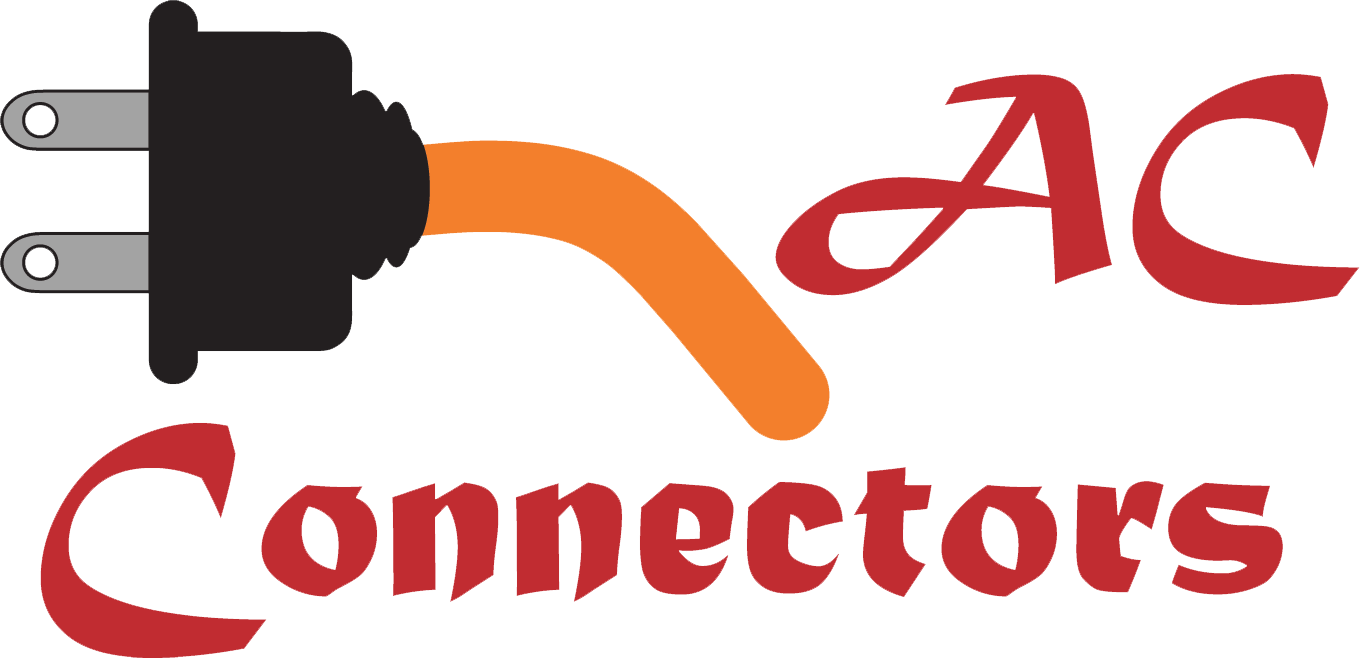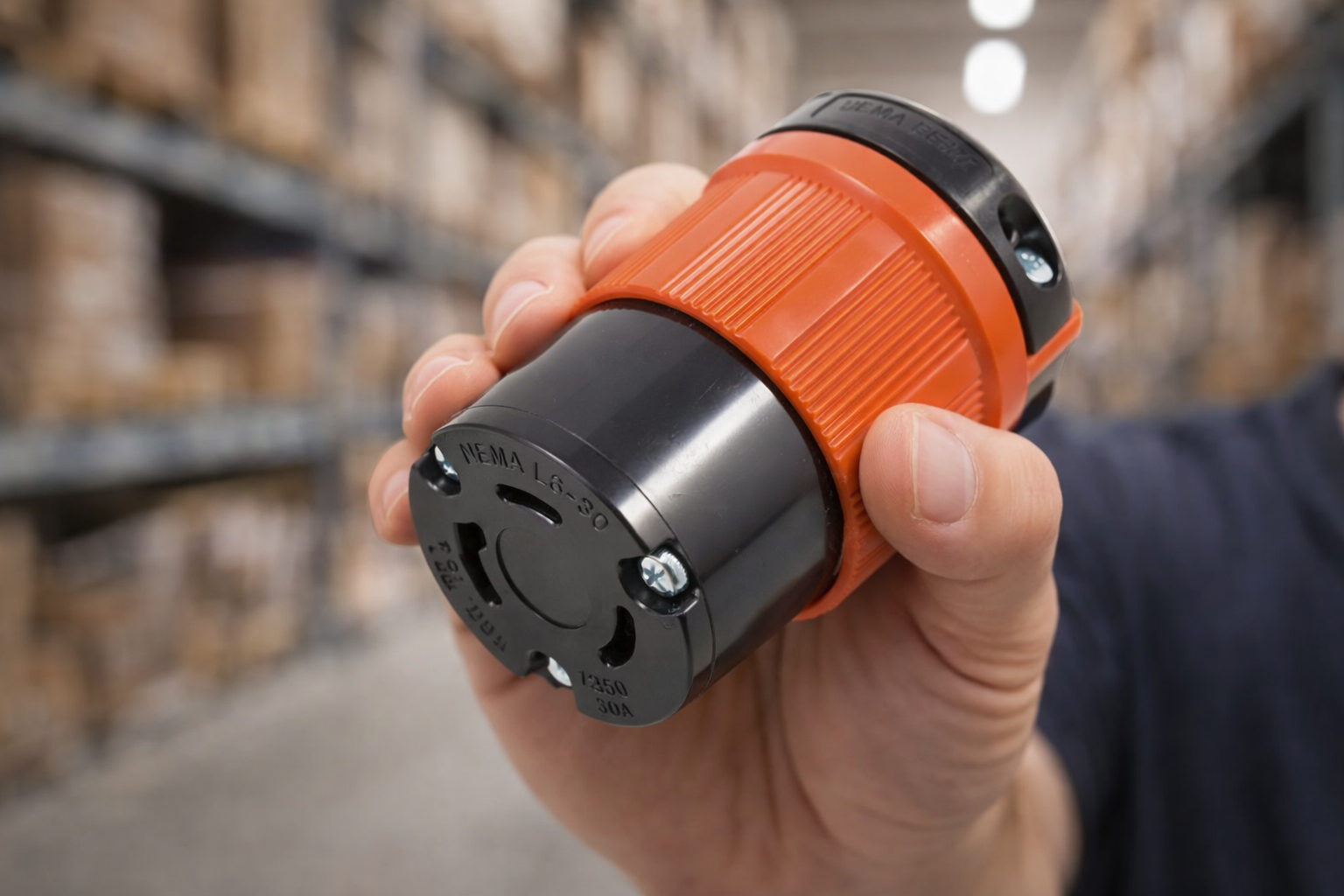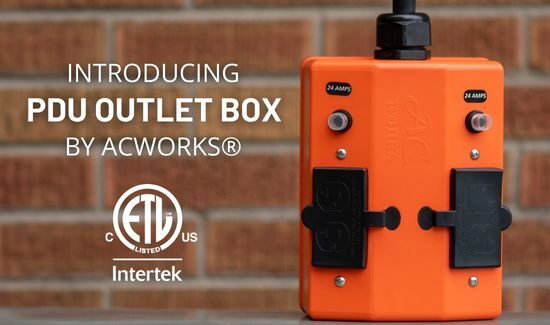Have you recently purchased a new dryer with a 4-prong plug, own an older home with a 3-prong outlet and don't want to hire an electrician to run a new outlet? Did you just buy a new home with a 4-prong outlet and don't have enough money after the large home purchase to get a new dryer. Does your older dryer still have the 3-prong plug and you're not sure what to do about it? We have 2 new products launching that can help with either of those problems and keep your home safe.
The first is the S10301430-018
The AC WORKS™ brand part number, S10301430-018 is an 18-inch adapter used when you have an older house, 1996 or earlier, or an older 3 prong style (NEMA 10-30) outlet and need to plug in a newer dryer. The newer dryers will have a 4-prong style plug (NEMA 14-30). The product also has a 5-foot long cable connecting a ground pin to the adapter. The ground pin will allow the dryer to become grounded and safe from electrical shock. Plug the ground pin into a regular household outlet (NEMA 5-15, 5-20). Click HERE to download the product directions and safety information.
The second is the S14301030-018
The AC WORKS™ brand part number, S14301030-018 is an 18-inch adapter used when you have a newer house, after 1996, or a newer 4-prong style (NEMA 14-30) outlet and need to plug into an older dryer. The older dryers will have a 3-prong style plug (NEMA 10-30). The product also has a 5-foot long cable with a ring terminal connecting a ground pin to the adapter. The ground pin will allow the dryer to become grounded and safe from electrical shock. Remove a screw from the outer metal casing of your dryer, place the ring terminal on the screw and screw it back in. After that, plug the ground pin into a regular household outlet (NEMA 5-15, 5-20). Click HERE to download the product directions and safety information.
WARNING! The grounding pin must be inserted into the grounding hole in your regular home outlet for the dryer to be grounded properly, with product S10301430-018. If you do not use the grounding pins properly, the dryer will not be grounded. The same goes for S14301030-018 except you MUST ALSO have the ring terminal hooked up to a screw on the METAL case of your dryer for grounding. Electrical shock may occur when products are not grounded properly.
Please email customer service, call or text us with any further questions you have about the new product release. We always want to make sure you are purchasing the correct product the first time, with no hassle.
Let us know in the comments below, what type of products you would like AC Connectors to carry in the future.







Share:
Happy New Year from Cordtec Power Corp.
NEMA - National Electrical Manufacturers Association